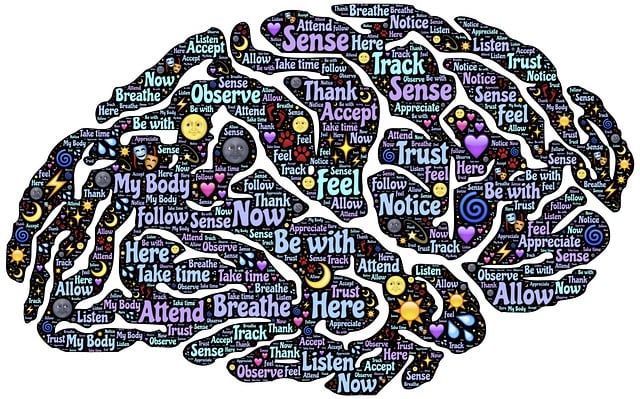Identifying risks and triggers, such as peer pressure and academic transitions, is key to preventing substance abuse among young adults. Bariatric evaluations assess physical and psychological well-being, helping to uncover co-occurring disorders. Effective strategies include emotional intelligence training, social skills development through therapy, encouraging healthy self-care routines, and building support networks. Early intervention with mindfulness meditation and culturally sensitive mental healthcare can reduce reliance on substances and promote healthy coping mechanisms.
Substance abuse among young adults poses significant risks, yet with targeted strategies, these challenges can be mitigated. This article delves into a comprehensive approach to risk reduction, focusing on identifying triggers and common factors contributing to misuse in this demographic. We explore effective therapy methods, including Cognitive Behavioral Therapy (CBT) and group support, alongside innovative techniques like bariatric evaluations for co-occurring eating disorders. Additionally, we emphasize the role of lifestyle changes, robust support systems, and ongoing care in fostering long-term recovery.
- Identifying Risks and Triggers for Substance Abuse in Young Adults
- – Understanding the high-risk period for substance abuse in young adults
- – Common factors contributing to substance misuse among this demographic
Identifying Risks and Triggers for Substance Abuse in Young Adults

Identifying risks and triggers is a pivotal first step in preventing substance abuse among young adults. This process involves a thorough understanding of individual vulnerabilities and environmental factors. Young adults may be more susceptible to experimentation with substances due to peer pressure, stress from academic or professional transitions, or underlying mental health conditions like anxiety or depression. Triggers can include specific social settings, emotional milestones, or even certain individuals. A bariatric evaluation, which assesses an individual’s physical and psychological well-being, can play a crucial role here by identifying co-occurring disorders that may exacerbate substance abuse risks.
Developing coping strategies through therapy for young adults is instrumental in mitigating these risks. Emotional intelligence training and social skills development can empower individuals to navigate challenging situations without resorting to substances. Additionally, promoting self-care routine development for better mental health encourages healthy stress management, emotional regulation, and a sense of purpose—all of which contribute to reducing the allure of substance abuse as a coping mechanism.
– Understanding the high-risk period for substance abuse in young adults

Many young adults face a heightened risk of substance abuse during their late teens and early 20s. This high-risk period is often characterized by significant life transitions, such as leaving home for college or starting a first job, which can lead to increased stress and feelings of isolation. The need to fit in socially and the pressure to cope with new freedoms and responsibilities may contribute to experimenting with drugs or alcohol as a coping mechanism. This vulnerability highlights the importance of early intervention and support during these formative years.
For young adults considering therapy for substance abuse, incorporating strategies like self-esteem improvement and social skills training can be valuable. Bariatric evaluations, while not directly related to substance abuse, might also be relevant in understanding underlying health issues that could contribute to risky behaviors. By focusing on self-care practices and building a support network, young adults can develop healthier ways of managing stress and emotions, reducing the likelihood of turning to substances as a crutch.
– Common factors contributing to substance misuse among this demographic

Substance misuse among young adults is a growing concern, with various factors contributing to this complex issue. This demographic faces unique challenges that can lead to an increased risk of substance abuse, such as academic pressures, peer influence, and a lack of coping mechanisms for stress or emotional difficulties. Many young adults also struggle with body image issues, which may prompt them to seek instant gratification through substances, often starting with experimental use during formative years.
Bariatric evaluations and therapy for young adults are essential components in addressing these underlying problems. Mindfulness meditation has gained recognition as a powerful tool to enhance self-awareness and emotional regulation, which can be particularly beneficial for this age group. Additionally, Cultural Sensitivity in Mental Healthcare Practice plays a vital role in providing inclusive support, ensuring that treatment approaches resonate with diverse backgrounds and experiences. Effective communication strategies are key; engaging young adults in open dialogue encourages them to express their struggles honestly, fostering an environment where they feel supported and encouraged to seek help before it’s too late.
By identifying risks and triggers early on, we can empower young adults with effective risk reduction strategies. This includes utilizing therapy tailored to their needs and exploring interventions like bariatric evaluations. By addressing underlying issues and providing support, we can help them navigate the high-risk period for substance abuse successfully. Through these proactive measures, we foster a healthier and more resilient future for this demographic.











